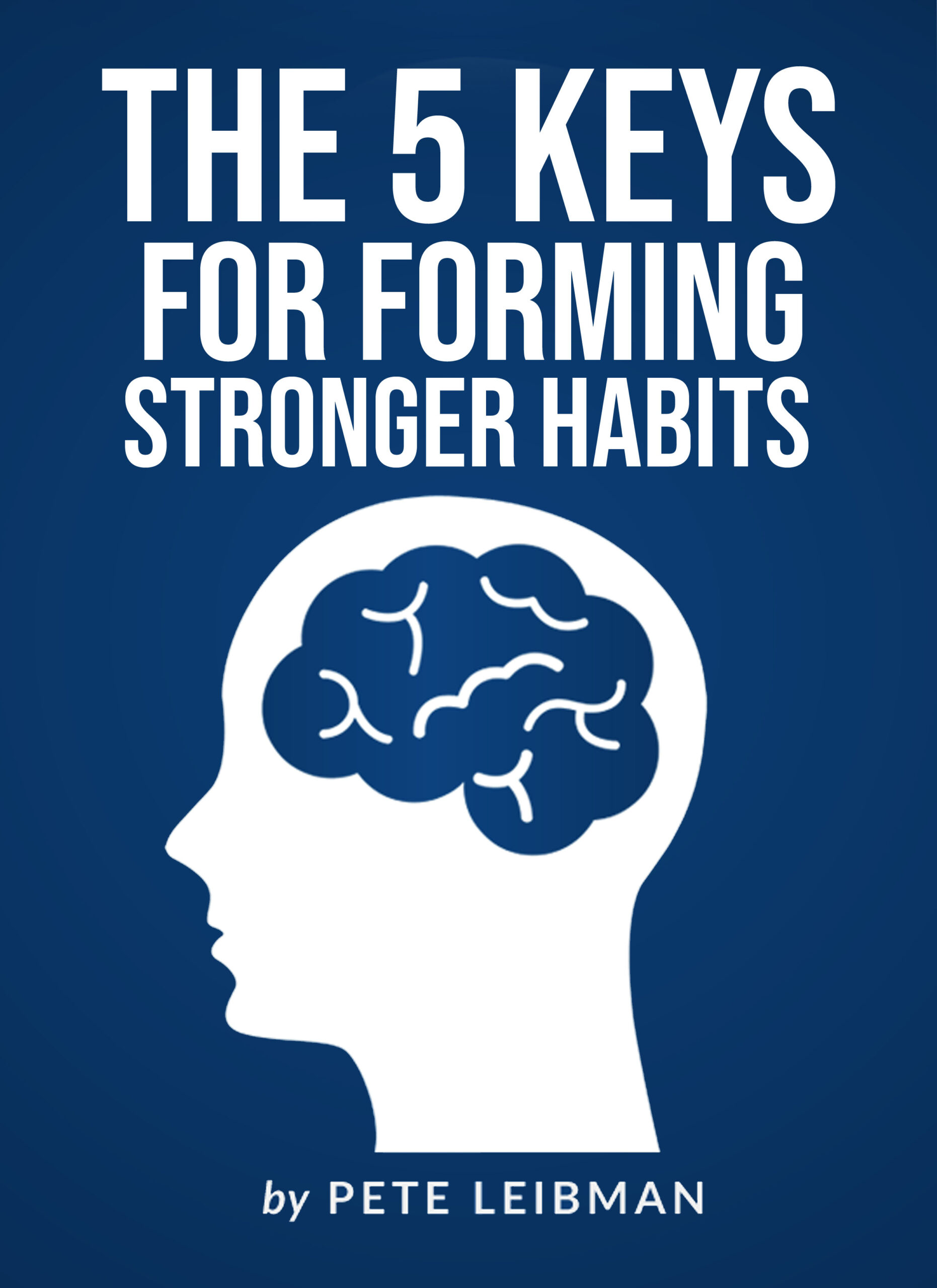
Many people believe that working longer hours means you are dedicated. It seems logical, and many leaders and companies reinforce this message, directly or indirectly. In most organizations, you are more likely to be praised for finishing late than for finishing early. However, the truth is that dedication cannot be measured by how many hours someone works. When people work longer hours, it’s usually because of one of the following three reasons.
Reason #1: Peer Pressure
Behavior is contagious. Many people work longer hours because their peers do. That doesn’t mean they are dedicated or more productive. It simply means they follow the herd.
One of my friends used to work for a consulting firm where people were known for working very long hours. One day, my friend decided to leave work at 5:30 p.m. This was earlier than when people typically left, even though their “official” work hours ended at 5:00 p.m.
As he headed for the exit, my friend walked past the office of one of the company’s Partners. “Working a half-day today?” this man asked my friend. The Partner smiled after his remark, but the message was clear. Leaving at 5:30 p.m. was not acceptable.
In many organizations, working longer hours is the norm. It’s part of the company culture. Even if no one cracks a bad joke when you leave “early,” it’s easy to feel pressure to work longer hours at many workplaces.
Reason #2: Ego
The media occasionally highlights leaders who work crazy hours, sometimes even more than 80 hours a week. Inevitably, these leaders talk about their “dedication.”
However, people working around the clock aren’t doing so because of commitment. They are often working around the clock because of their ego. People who work very long hours frequently think “I’m the only one who can do this.” That may be true at times. However, some people take it too far and believe they have to be involved in every task and every decision.
Those who are truly dedicated focus on building great teams and surrounding themselves with other smart people who have complementary strengths. They realize that they cannot and should not be involved in everything.
Dedicated people identify where they can and where they cannot add the most value. They focus their time and energy on the right tasks. Then, they delegate and empower others to do the rest.
Penny Pritzker discussed this mindset with me when I interviewed her for Work Stronger. Penny is an entrepreneur, civic leader, and philanthropist who also served as U.S. Secretary of Commerce in the Obama administration. When we spoke, she told me that she spends her time “focusing on the actions that will provide the most leverage.”
“I ask myself ‘What can I uniquely do that others in the organization cannot do?” she said. “Then, I do my best to empower people to do the other things.”
Reason #3: Inefficiency
People known for burning the midnight oil often do so because of poor work habits. They work longer hours because they cannot get their work done as quickly as others. Inefficiency, not dedication, is what leads to long hours for these folks.
Poor work habits can include chronic multitasking, over-committing, an inability to prioritize, spending too much time on trivial tasks, or failing to delegate and leverage others effectively. Some of these habits are driven by ego, as noted above.
Earlier in my career, one of my colleagues was promoted. In an email to the staff, a manager praised my colleague’s “dedication.” As evidence, the manager noted that my colleague had recently worked until 1:00 a.m. one night to meet a deadline the next day.
The manager failed to recognize that several other people in the company hit the same deadline many hours earlier. Were they less dedicated than the man who had to work until 1:00 a.m.? No. They were faster and better about managing their time.
Here’s an analogy to drive home this point. Imagine two men named Ron and Jack who each decide to run a marathon. It takes Ron six hours to finish, and it takes Jack three hours to finish. Is Ron a more dedicated runner than Jack? No. He’s slower.
Summary and Final Thought
As discussed in another article, longer hours do not always lead to greater productivity. In fact, there is a point when working longer becomes counter-productive.
When people work longer hours, it’s usually not because of dedication. It’s usually because of peer pressure, ego, or inefficiency. You cannot measure dedication by how many hours someone works. It’s unfortunately not that simple.
If you want to measure someone’s dedication, consider how often the person brings his “A” game to work, how often the person does what he says he will do, and how much the person elevates others around him. Those are real measures of dedication.
P.S. If you enjoyed this article, you can share it by clicking a social media icon on this page.

Free eBook and Newsletter
Download my free 40-page eBook on “The 5 Keys for Forming Stronger Habits.”
You’ll also receive my free weekly newsletter on how to become your strongest self.
Your email is safe. Unsubscribe anytime.
About the author: Pete Leibman is the Creator of StrongerHabits.com. He is a best-selling author, keynote speaker, executive recruiter, athlete, and peak performance coach. His work has been featured on Fox News, CBS Radio, and CNNMoney.com, and over 500,000 people across the world have read his articles.

